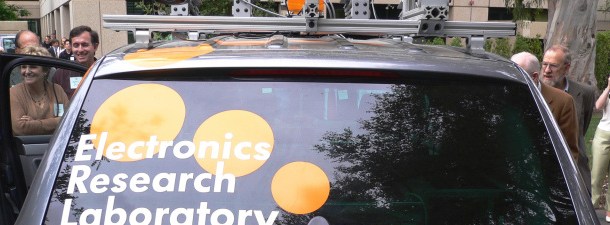Accidents with self-driving cars will be less common than they are with the cars we have today, but how many lives will they save?
If there’s one common message defended by both car manufacturers and the companies that are experimenting with driverless cars, it’s that the majority of accidents at the moment are due to human error. This kind of maxim gives rise to the automatic (pardon the pun) reflection: there will be fewer – far fewer – accidents with self-driving cars. This seems to be the generally accepted prediction. But it’s rarely quantified in figures.
At The Atlantic they have carried out an extrapolation which, although a bit risky, could give us an idea of the lives that will be saved by self-driving cars, provided that we take into account that the figures are taken from the situation in the United States. The main one is the estimate from the consultancy firm McKinsey & Co. In a study published this year (reported in ThinkBig), the firm indicated – amongst many other things – that the new vehicles will avoid 90% of the accidents which occur today.
The consultants made calculations regarding the economic figures, indicating that in the United States this could save around 200 million dollars a year. But they didn’t go as far as to put a figure on the number of lives that would be saved. The Atlantic has done this using as a reference point the 32,719 people who died on the road in the United States in 2013.
Applying the percentage estimated by McKinsey & Co. to this figure, gives a total of 29,447 lives saved each year. This means that in ten years almost 300,000 lives could be saved in the United States. That would give 1.5 million people in a half-century (it is estimated that anti-smoking efforts saved eight million lives in the same period).
If these forecasts are close to the reality, self-driving cars could become one of the greatest advances in health and safety of the twenty-first century. This remains to be seen, although we could for now carry out the same estimate for the whole world. On a global scale 1.2 million deaths are caused by accidents, which means that self-driving technology could save more than 10 million lives each decade, or 50 million in half a century.
This isn’t to say that these calculations have been made using a rigorous methodology. Time will tell whether the prediction that accidents with self-driving cars will be much rarer than with the cars we have at the moment will prove true. For the time being, it seems like the first commercial version of these cars will appear in 2020 and from there the technology will be adopted little by little.









